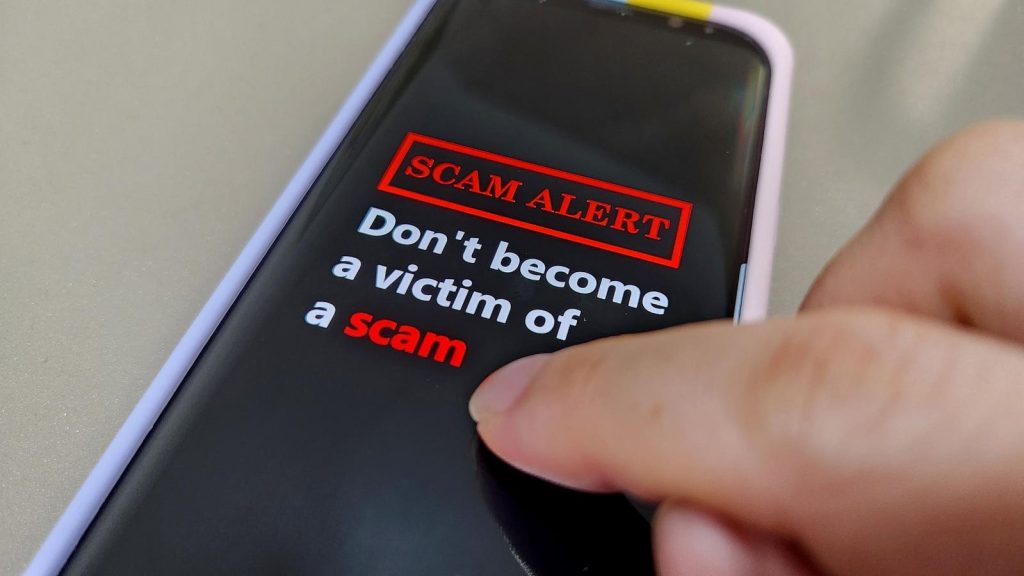Family members of prisoners are receiving unsolicited calls requesting money to get their loved one … More
New Policy Causing Alarm
Last week, the Federal Bureau of Prisons (BOP) issued a deeply disappointing directive that significantly restricts prerelease custody under the Second Chance Act. The new policy, effective April 21, caps halfway house placement at just 60 days for most inmates and 125 days for those completing the Residential Drug Abuse Program (RDAP). The sudden change has upended the plans of incarcerated individuals and their families, with many seeing their previously approved release dates rescinded. For some, it means staying in prison until February 2026 instead of going home in March 2025.
As word spread, family members and legal advocates quickly mobilized, reaching out to the BOP’s Residential Reentry Managers in hopes of salvaging community placement plans. But the chaos opened the door for another, more sinister development.
The Scam
A new scam has emerged preying on families desperate for relief. Calls from a Washington D.C. area code (202) claim that their loved one is now “eligible for immediate compassionate release”—for a fee. The caller says $1,700 is required to cover the cost of an ankle bracelet and electronic monitoring equipment.
Curious to understand how the scheme worked, I called the number myself. An automated message answered, identifying the line as “The Federal Bureau of Prisons Reentry Division Services”—a name designed to sound official. I was then transferred to a man who refused to provide his name but pressed me for details about an inmate. When I gave him a real name, he rattled off information such as the inmate’s register number and projected release date—data readily available on BOP.gov.
As I continued asking questions, he grew suspicious. Abruptly, he declared, “Your person doesn’t qualify for the program,” and hung up. I called back several times, but the line went dead. No one answered again.
Vulnerable Families
When a loved one is incarcerated, families are often overwhelmed, emotionally and financially stretched, and susceptible to false hope. One family contacted me in distress, asking whether the call they received was legitimate. They were scrambling to gather the requested funds, desperate for any chance to bring their relative home sooner.
I had to give them the difficult truth: the BOP never asks families for money to secure monitoring devices. Compassionate release is granted only by a U.S. District Judge, and only after the inmate formally submits a request to the BOP, which must either approve or deny the motion before it reaches the court. There are no shortcuts—and certainly no legitimate services that require payment in exchange for early release.
This latest policy change on halfway house placement is already sowing confusion and disappointment. With nearly 160,000 inmates currently in federal custody—most of whom will eventually return home—the human impact of these decisions is significant. For many families, that return home now feels further away than ever.
Bureau of Prisons Position
I contacted the BOP to report details of my conversation with the scammer. The agency acknowledged a similar scam had circulated in 2023, near the end of the CARES Act, when fraudsters also sought money in exchange for promised home confinement due to an alleged shortage of ankle bracelets.
In response to the current scam, the BOP issued a renewed statement: “The FBOP will not contact individuals to request personal information or money.” They encourage anyone who receives such calls to immediately report the incident to the Federal Trade Commission online or by phone at 1-877-382-4357, between 9:00 a.m. and 8:00 p.m.
The timing of the scam—right as hope is being stripped away by BOP policy shifts—makes it all the more damaging. In a moment of deep uncertainty, families should be leaning on facts and verified information, not falling prey to false promises peddled by predators exploiting the cracks in a strained system.
Prevention
There are always opportunities to try to scam someone when they do not have information or promises are made that solve the problem they have. Right now, the BOP has been vocal about the limited capacity issues faced by the Agency and it may take years to correct those problems. There is no short-term fix and the BOP is currently having a difficult time with no real leadership since Director Colette Peters was let go just as Donald Trump was taking office.
There are numerous consultants who have information and certainly social media has no shortage of rumors. However, particularly now since the BOP is such turmoil amid the new administration directives, information is scarce. This has created an opportunity for people to take advantage of both the BOP and the families of those incarcerated. It is also difficult when the facts of the current situation do not help those who want their loved ones to be home. It takes very little effort and no sophisticated equipment for a scam like this, just a cell phone, to take hard earned money from a family based on a promise.
If anyone has received such a scam, please use the BOP’s memorandum as guidance.

